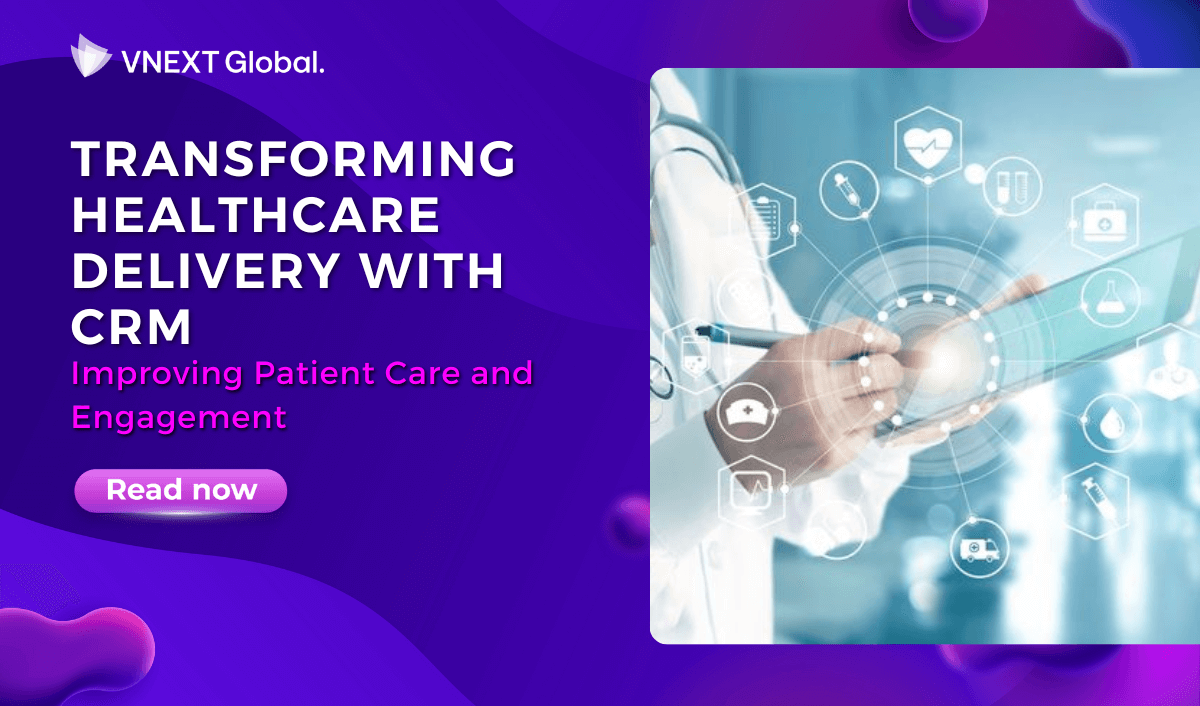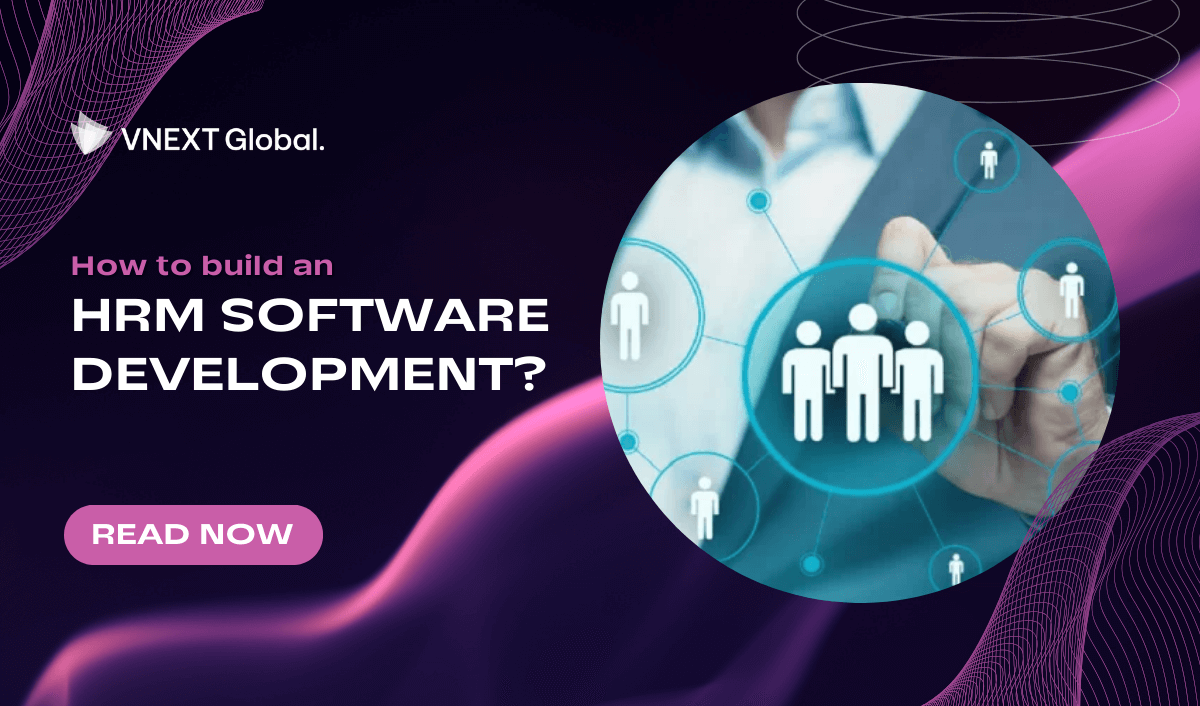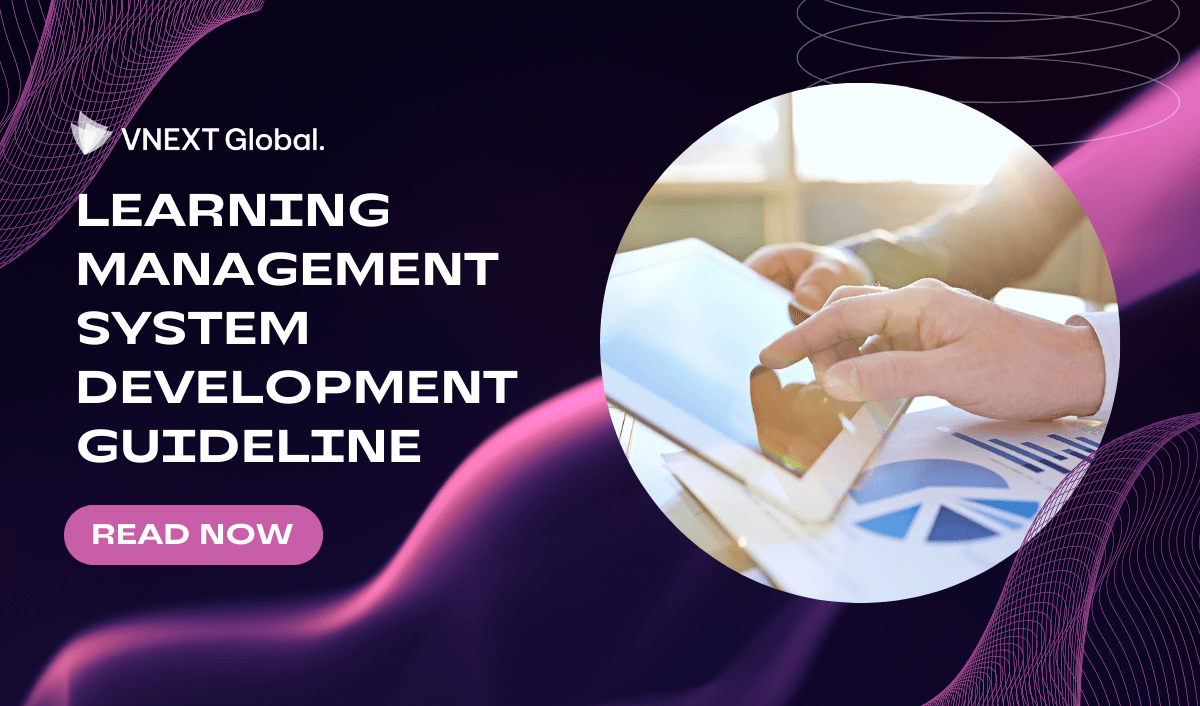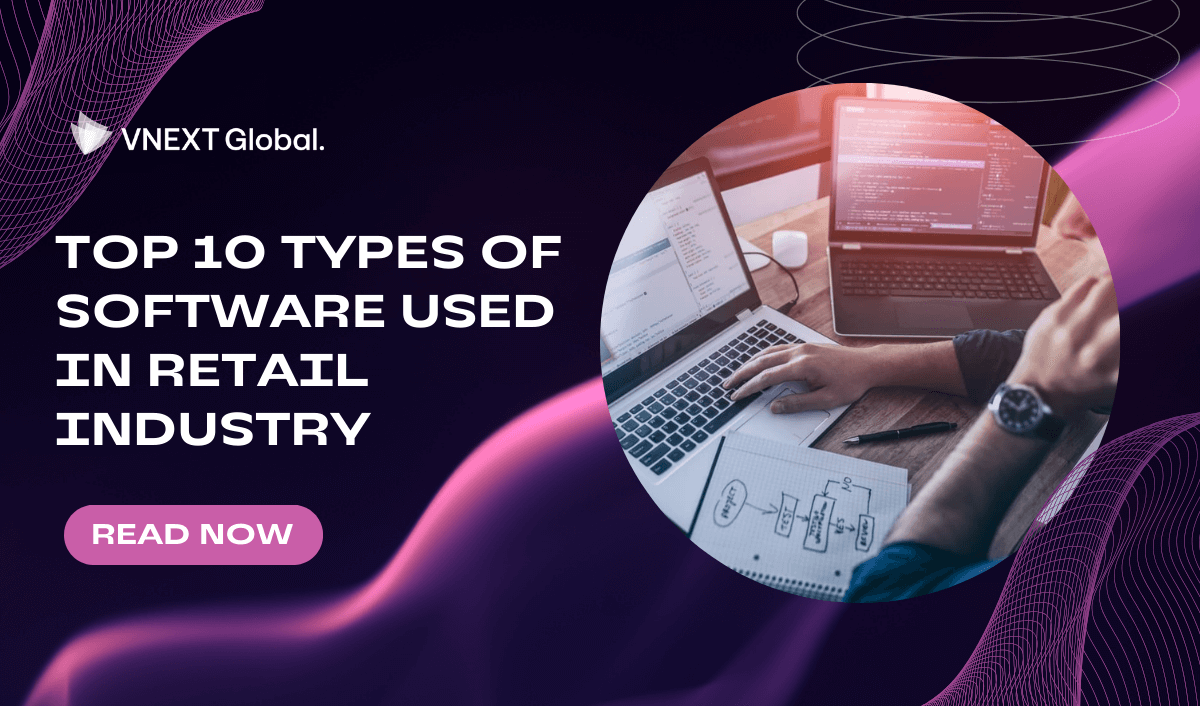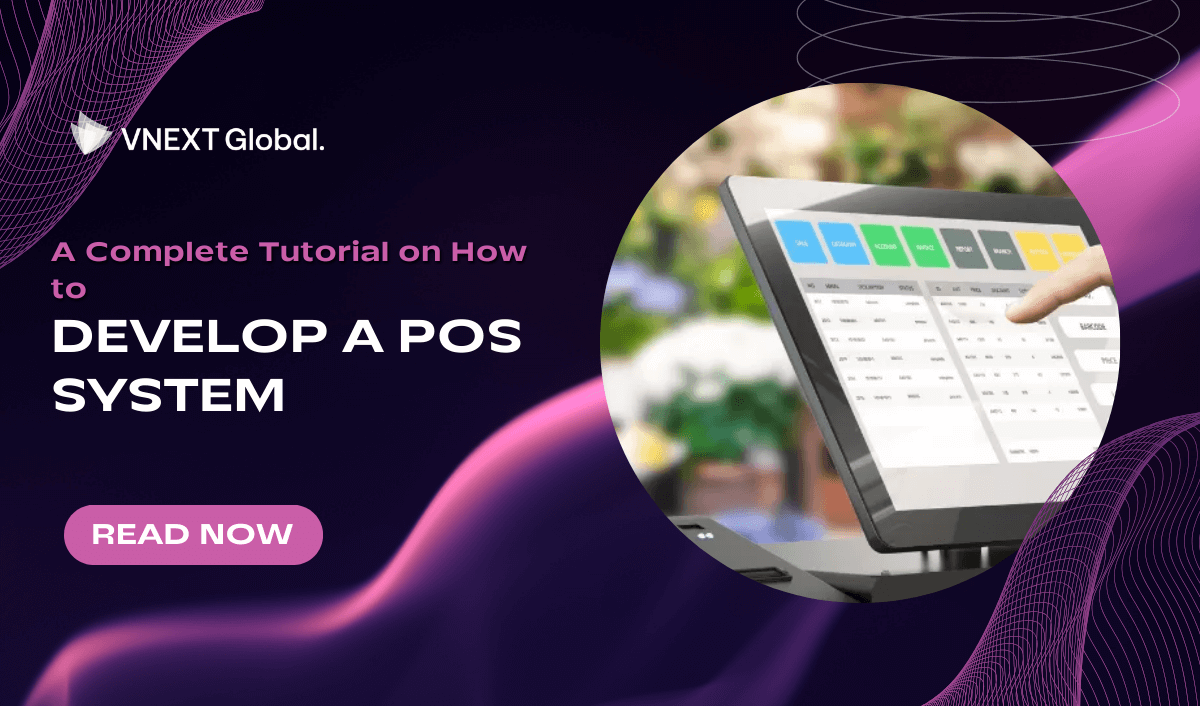Transforming Healthcare Delivery with CRM: Improving Patient Care and Engagement
Healthcare institutions are faced with the challenge of delivering exceptional patient care while building and nurturing meaningful patient relationships. As the demands and expectations of patients continue to rise, healthcare providers are recognizing the need for advanced solutions to meet these evolving needs. This is where Customer Relationship Management (CRM) systems tailored specifically for the healthcare industry come into play. With their ability to harness the power of data, streamline operations, and improve patient engagement, healthcare CRM systems are revolutionizing the way healthcare institutions operate. This blog delves into the concept of healthcare CRM, presenting compelling statistics that highlight its profound benefits for healthcare institutions, and explores the key features that make it an indispensable tool in modern healthcare.
1. What is a healthcare CRM?
A healthcare CRM is a specialized software solution designed to manage patient relationships, streamline operations, and improve overall patient care within healthcare institutions. It serves as a centralized hub that integrates and organizes patient data, facilitates communication, and supports personalized patient interactions. Healthcare CRM systems go beyond traditional patient management systems by incorporating features that enhance patient engagement, care coordination, and population health management.
.png)
2. Why should healthcare institutions use CRM?
2.1 Enhancing Patient Care and Experience:
Healthcare CRM systems enable healthcare institutions to gain a comprehensive view of each patient by consolidating data from various sources, such as electronic health records (EHRs), appointment scheduling systems, and billing platforms. This holistic patient view allows healthcare providers to deliver personalized care, anticipate patient needs, and proactively engage patients in their healthcare journey. According to a study published in the Journal of Medical Internet Research, implementing CRM in healthcare resulted in increased patient satisfaction and improved patient-provider communication.
2.2 Strengthening Patient Engagement:
Effective patient engagement is crucial for improved health outcomes. Healthcare CRM systems offer tools that enable proactive patient communication, education, and self-management. Features like patient portals, secure messaging, and appointment reminders empower patients to actively participate in their care, access medical information, and communicate with healthcare providers. Research conducted by the Journal of General Internal Medicine suggests that healthcare CRM systems can significantly enhance patient engagement and adherence to treatment plans.
2.3 Facilitating Care Coordination and Collaboration:
In today's complex healthcare ecosystem, coordination among healthcare providers and care teams is paramount. Healthcare CRM systems facilitate seamless information sharing, care coordination, and collaboration across multiple departments and healthcare providers. This ensures that patients receive timely, coordinated care, leading to improved outcomes and reduced healthcare costs. A case study by Health Catalyst demonstrated how implementing a healthcare CRM system improved care coordination and reduced readmission rates in a large hospital system.
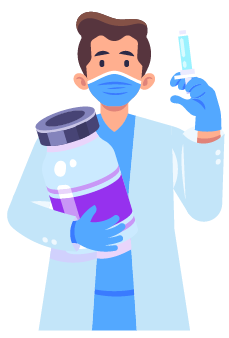
3. Key Features of Healthcare CRM:
3.1 Centralized Patient Database:
A healthcare CRM serves as a centralized repository for patient information, consolidating data from various sources into a single, comprehensive patient record. This includes demographic information, medical history, diagnoses, medications, allergies, and more. Having a complete and up-to-date patient profile allows healthcare providers to make informed decisions and deliver personalized care.
3.2 Patient Communication and Engagement Tools:
Healthcare CRM systems offer communication tools such as patient portals, secure messaging, and mobile applications. These features enable patients to access their health information, communicate with healthcare providers, schedule appointments, receive reminders, and engage in self-management activities. By facilitating convenient and personalized communication, healthcare CRM systems foster patient engagement and empowerment.
3.3 Analytics and Reporting Capabilities:
Data analytics and reporting are integral components of a healthcare CRM system. These capabilities allow healthcare institutions to derive actionable insights from patient data, identify trends, measure outcomes, and monitor performance. With advanced analytics, healthcare providers can identify at-risk patient populations, track quality metrics, and drive continuous improvement initiatives.
3.4 Referral Management:
Effective referral management is critical for healthcare institutions, particularly those with multiple specialties or locations. Healthcare CRM systems streamline the referral process by automating referral workflows, tracking the status of referrals, and facilitating communication between referring and receiving providers. This enhances care coordination, reduces administrative burden, and improves the patient experience.
3.5 Integration with EHR and other Systems:
Seamless integration with Electronic Health Records (EHR) systems and other healthcare applications is a key feature of healthcare CRM. Integration ensures that patient data is synchronized, eliminating the need for duplicate data entry and reducing the risk of errors. It allows healthcare providers to access comprehensive patient information in real-time, resulting in more informed clinical decision-making and improved care coordination.
3.6 Marketing and Outreach:
Healthcare CRM systems often include marketing and outreach functionalities to help healthcare institutions attract new patients and engage existing ones. These features enable targeted marketing campaigns, patient segmentation, and personalized communication. By leveraging CRM data, healthcare providers can identify potential patients for specific services, tailor marketing messages, and track the effectiveness of marketing efforts.
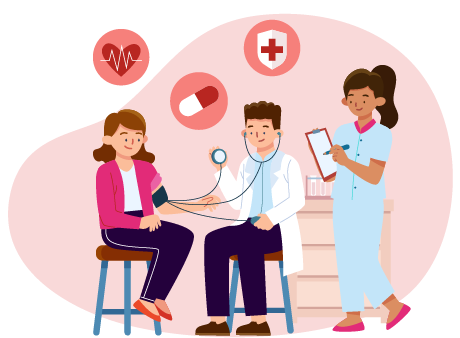
Final Thoughts:
Healthcare CRM systems have emerged as a valuable tool for healthcare institutions seeking to improve patient care, strengthen patient engagement, and optimize operational efficiency. By consolidating patient data, enabling proactive communication, supporting care coordination, and offering robust analytics, healthcare CRM systems empower healthcare providers to deliver personalized care, enhance patient experience, and drive better health outcomes. As the healthcare landscape continues to evolve, implementing a healthcare CRM system becomes increasingly important for healthcare institutions aiming to thrive in a patient-centered, data-driven environment.
If you are looking for a trusted IT partner, VNEXT Global is the ideal choice. With 14+ years of experience, we surely can help you to optimize your business digitalization within a small budget and short time. Currently, we have 400+ IT consultants and developers in Mobile App, Web App, System Development, Blockchain Development and Testing Services. We have provided solutions to 600+ projects in several industries for clients worldwide. We are willing to become a companion on your way to success. Please tell us when is convenient for you to have an online meeting to discuss this further. Have a nice day!

